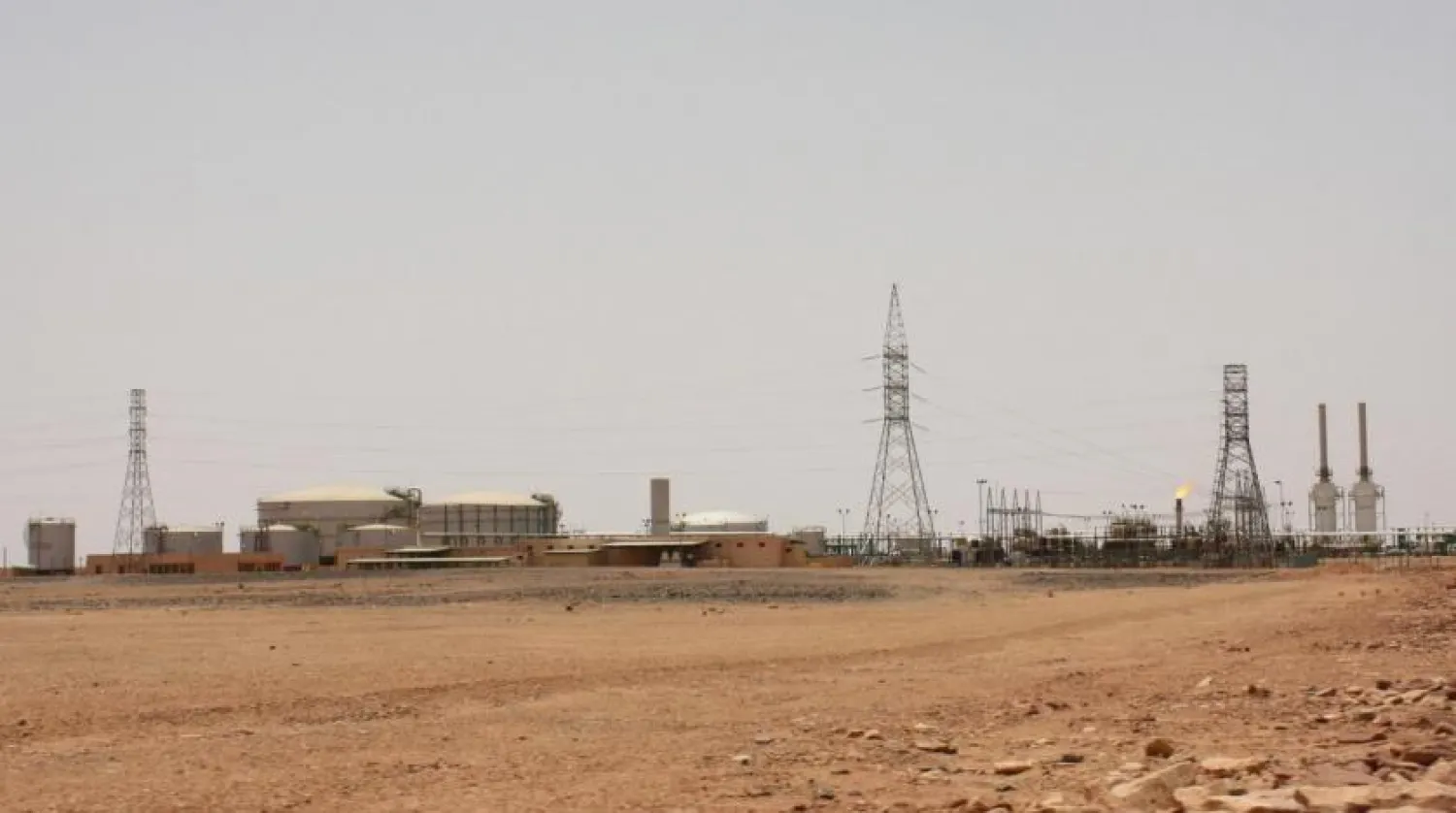The residents of the Oil Crescent Region threatened to shut down oil ports and block exports in protest of the “continued support” of the UN Support Mission in Libya (UNSMIL) to the government chaired by Abdul Hamid Dbeibeh.
A statement by the residents said that if the UN mission continues to support the Government of National Unity (GNU), they will shut down oil exports.
The locals called on the international community to support and recognize the new government assigned by the House of Representatives (HoR) and headed by Fathi Bashagha.
They said that this would end the division and stop wasting public money caused by the previous government.
The statement signed by the residents reiterated that the solution to the political crisis in Libya is through presidential, parliamentary elections, based on a constitution that ends the transitional stage since 2011.
The Oil Crescent area is about 500 km east of Tripoli and contains the largest oil reserves and the three largest oil shipping ports, namely Brega, Zueitina, Ras Lanuf, and al-Sidra.
Meanwhile, the National Oil Corporation (NOC) Chairman held talks in Washington with the US Principal Deputy Assistant Secretary of State for Near Eastern Affairs, Joey Hood.
According to the US State Department, the two reiterated the importance of uninterrupted NOC operations for the benefit of all Libyans.
“Principal Deputy Assistant Secretary Joey Hood met with Chairman Mustafa Sanalla to underline US support for the independence of National Oil Corporation. They agreed on the need to invest in renewables and the importance of uninterrupted NOC operations for the benefit of all Libyans,” reported the State Department.









